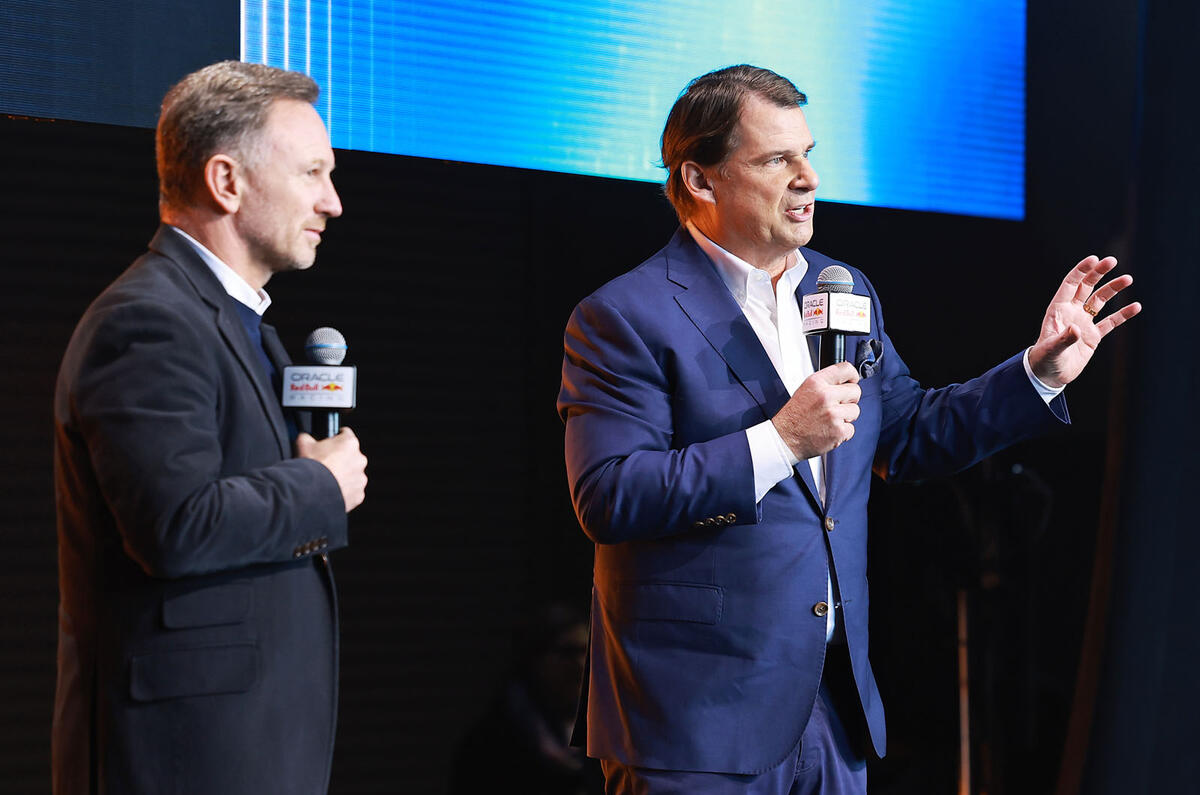If the official figures are to be believed, Formula 1 was seen by a cumulative 1,500,000,000 people last year, giving the sport another upward tick on its hockey stick graph of growth in the wake of embracing social media, the popularity of its behind-the-scenes Netflix show and, lest we forget, two half seasons of nail-biting championship battles.
In particular, interest has grown in the US, a country that has long been relatively immune to the sport’s charms, and that many thought would give up on it for good after just six cars started and finished the 2005 race at Indianapolis when tyre manufacturer Michelin was forced to withdraw all its runners on safety grounds.




Add your comment